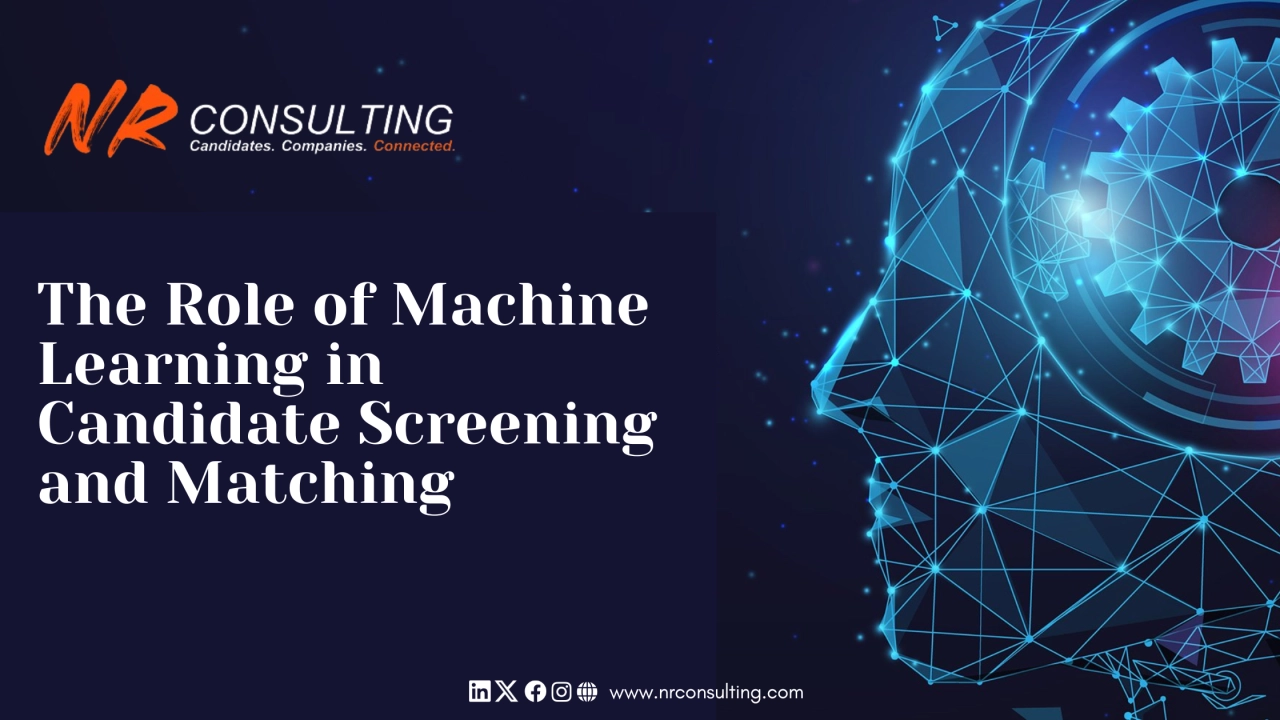1 day ago
In today’s fast-paced hiring landscape, organizations are increasingly turning to machine learning (ML) to enhance their recruitment processes. Traditional methods of candidate screening and matching, which often involve manual review of resumes and extensive interviewing, are time-consuming and prone to human bias. Machine learning offers a transformative approach, streamlining the hiring process and ensuring better alignment between candidates and job requirements.
Automated Resume Screening
Automated resume screening is a key application of machine learning in recruitment. ML algorithms quickly scan resumes for key skills, qualifications, and experiences that match the job description, speeding up the screening process and ensuring no qualified candidates are missed. These algorithms continuously improve by analyzing patterns in successful hires, enhancing their ability to identify top talent.
Predictive Analytics for Candidate Matching
Machine learning goes beyond resume screening by using predictive analytics to match candidates with roles. By analyzing historical hiring data, ML models predict candidate success based on education, experience, skills, and cultural fit, leading to better matches, lower turnover rates, and higher job satisfaction.
Reducing Bias in Hiring
Human biases in hiring can be mitigated by machine learning, which focuses on objective criteria. Algorithms can ignore demographic information and prioritize skills and experience, leading to a diverse and inclusive workforce that reflects candidates’ true potential.
Enhancing Candidate Experience
Machine learning enhances the candidate experience by using NLP-powered chatbots to answer questions and provide application updates, keeping candidates informed and engaged throughout the hiring process.
Future Implications
As machine learning advances, candidate screening and matching will get more refined. Future algorithms might evaluate soft skills via video interviews, analyze social media for cultural fit, and offer real-time feedback, making recruitment more efficient, unbiased, and candidate-focused.
In summary, machine learning is transforming candidate screening by automating tasks, minimizing biases, and improving accuracy, allowing recruiters to focus on finding top talent. As it becomes standard, ML will shape the future of recruitment.





